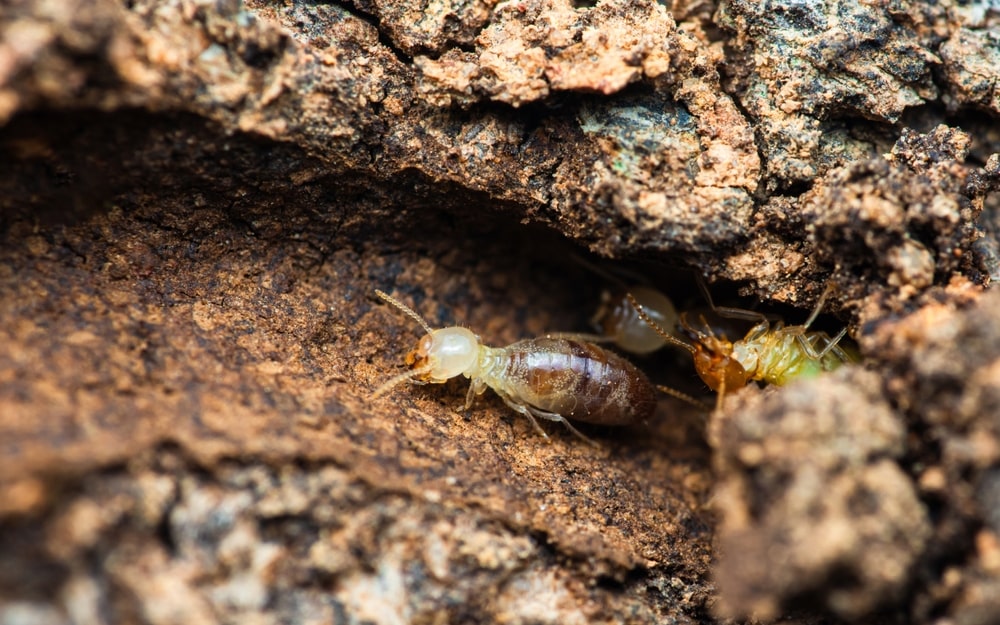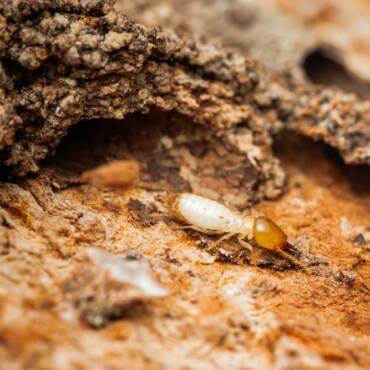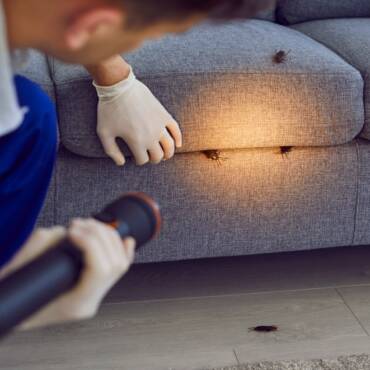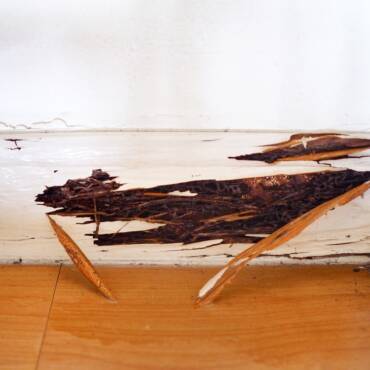Termites are silent destroyers that can cause significant damage to homes and properties, especially in areas like Brisbane, Logan, and Ipswich, where warm, humid conditions provide a perfect environment for these pests. If you’ve noticed signs of termites or have heard the unsettling sound of wood being eaten away, it’s essential to take action immediately. In this article, we’ll explore how pest control can help get rid of termites, common treatments, and prevention methods to ensure your home stays safe from these destructive pests.
What Are Termites and How Do They Affect Your Home?
Termites, often referred to as “white ants” in Australia, are small insects that feed on wood and other cellulose materials. They are notorious for causing extensive damage to the structural integrity of buildings without being immediately noticeable. Termites invade homes in search of food, primarily wood, and can go unnoticed for months or even years before the damage becomes apparent.
The presence of termites can significantly lower the value of your property and lead to costly repairs. Therefore, identifying and eliminating termites quickly is crucial to prevent further destruction. If you’ve found signs of termites inside your house, it’s time to take action.
Signs You Have Termites
Some of the most common signs of a termite infestation include:
- Mud tunnels: Termites build mud tunnels to travel between their nest and food sources. These tunnels, which are typically around the width of a pencil, can be found along your walls, foundation, and even inside crawl spaces.
- Hollowed wood: Termites eat wood from the inside out, so you may notice that wooden structures in your home sound hollow when tapped.
- Droppings: You might also find termite droppings near wood or walls. These look like small pellets or frass and are a clear indication of an infestation.
- Swarming termites: If you see flying termites during certain seasons, it’s a strong indicator that you have an active colony nearby.
How Does Pest Control Get Rid of Termites?
When dealing with termites, professional pest control is often the most effective solution. While DIY methods like termite treatments available at hardware stores can work temporarily, they are not as effective in eradicating an entire colony. Pest control experts have access to more potent treatments and advanced techniques to eliminate termites and prevent future infestations.
1. Termite Chemical Barriers
One of the most common methods used by pest control professionals is creating a chemical barrier around your home. This treatment involves applying liquid insecticides around the foundation of your house, which will kill termites on contact. It also serves as a barrier that termites won’t cross, protecting your home from further infestation.
2. Baiting Systems
Termite baiting systems are a more targeted approach that involves placing bait stations around the perimeter of your home. These stations contain slow-acting poison that termites take back to their colony. The poison eventually spreads throughout the colony, eliminating it over time. Baiting is often combined with monitoring systems to detect termite activity and prevent future infestations.
3. Fumigation (Tenting)
In severe cases of infestation, fumigation or “tenting” might be necessary. During fumigation, your entire home is covered with a special tent, and the interior is filled with a gas that eliminates termites. Fumigation is a highly effective way to treat extensive infestations, but it requires you to vacate your home for several days.
4. Physical Barriers
For new construction projects, a physical barrier can be laid during the building process to prevent termites from entering the home. These barriers are typically made of materials such as steel mesh or sand, which termites cannot penetrate.
How to Treat Termites in Your Home?
The treatment of termites depends on the severity of the infestation and the type of termites involved. For example, subterranean termites, which are the most common in Brisbane and surrounding areas, live underground and often build mud tunnels. To treat for these types of termites, pest control professionals typically use chemical barriers and baiting systems. On the other hand, drywood termites, which infest wood directly, may require different methods, such as fumigation.
It’s essential to have a professional inspect your home to determine the type of termite infestation you’re dealing with and choose the best method for treatment. A professional inspection can also help identify any other potential issues that might make your home more vulnerable to future infestations.
How to Prevent Termite Infestations?
While termite treatments can eliminate an existing infestation, prevention is key to ensuring your home remains safe from future damage. Here are a few tips to help prevent termites:
- Remove wood and debris: Keep wood piles, tree stumps, and other debris away from your home’s foundation.
- Seal entry points: Check for cracks and gaps around windows, doors, and utility pipes. Sealing these areas can help keep termites from finding a way inside.
- Install termite barriers: Physical barriers installed during construction or renovations can provide long-term protection.
- Regular inspections: Have a professional pest control expert inspect your property regularly to catch any signs of termites early.
How Much Does Termite Treatment Cost in Brisbane?
The cost of termite treatment in Brisbane can vary depending on the size of your home, the severity of the infestation, and the type of treatment used. On average, homeowners can expect to pay between $400 and $3,000 for termite control services, with most treatments falling somewhere in the $1,000 to $2,500 range.
For more extensive infestations, fumigation can cost significantly more, typically around $2,000 to $4,000. It’s essential to get multiple quotes from pest control companies to find the best price for your needs. Additionally, investing in termite prevention services can save you money in the long run by avoiding costly repairs.
FAQ: Common Questions About Termites
Q: How do I get rid of termites permanently?
A: Permanent termite eradication involves using a combination of chemical barriers, baiting systems, and regular inspections. Pest control professionals can ensure that your home remains protected long-term.
Q: Can I do termite treatment myself?
A: While DIY treatments are available, they are usually less effective than professional pest control. Hiring an expert ensures that the infestation is thoroughly dealt with and prevents future problems.
Q: What are the signs of termites in my home?
A: Look for mud tunnels, hollowed wood, droppings, and swarming termites. If you notice any of these signs, it’s time to call a professional pest control service.
Q: How long does termite treatment take?
A: The length of treatment depends on the method used. Chemical barriers can take a few hours, while fumigation may take a few days.
Q: What is the best termite treatment?
A: The best treatment depends on the type of infestation and the size of the problem. Chemical barriers, baiting systems, and fumigation are all effective methods, but a professional can determine the most appropriate solution for your home.
Conclusion
If you’re dealing with termites in your home, professional pest control is the best way to ensure your property stays safe. With effective treatments like chemical barriers, baiting systems, and fumigation, experts can eliminate termites and prevent future infestations. Regular inspections and preventative measures will help protect your home long-term.
Don’t wait for termite damage to get worse—schedule an inspection with Rapidkil Pest Control today and take the first step toward a termite-free home in Brisbane, Logan, or Ipswich.





Add Comment